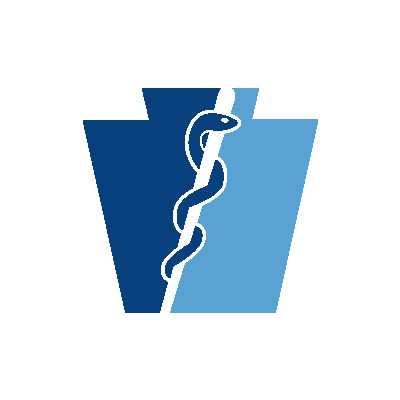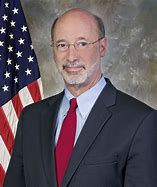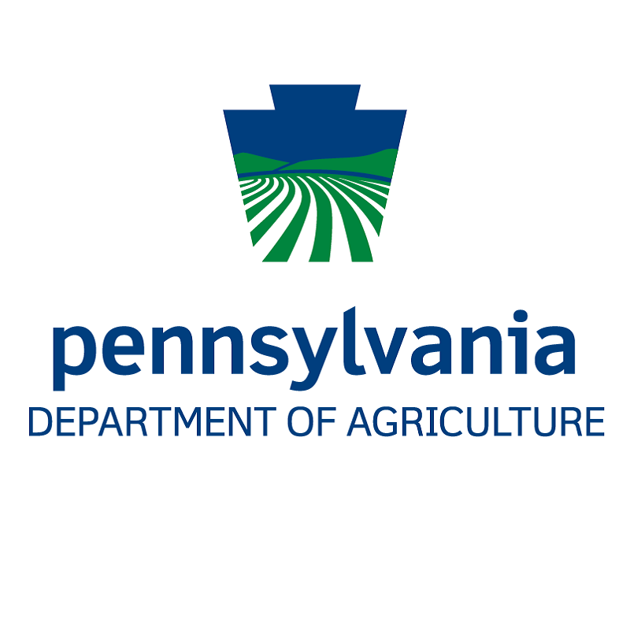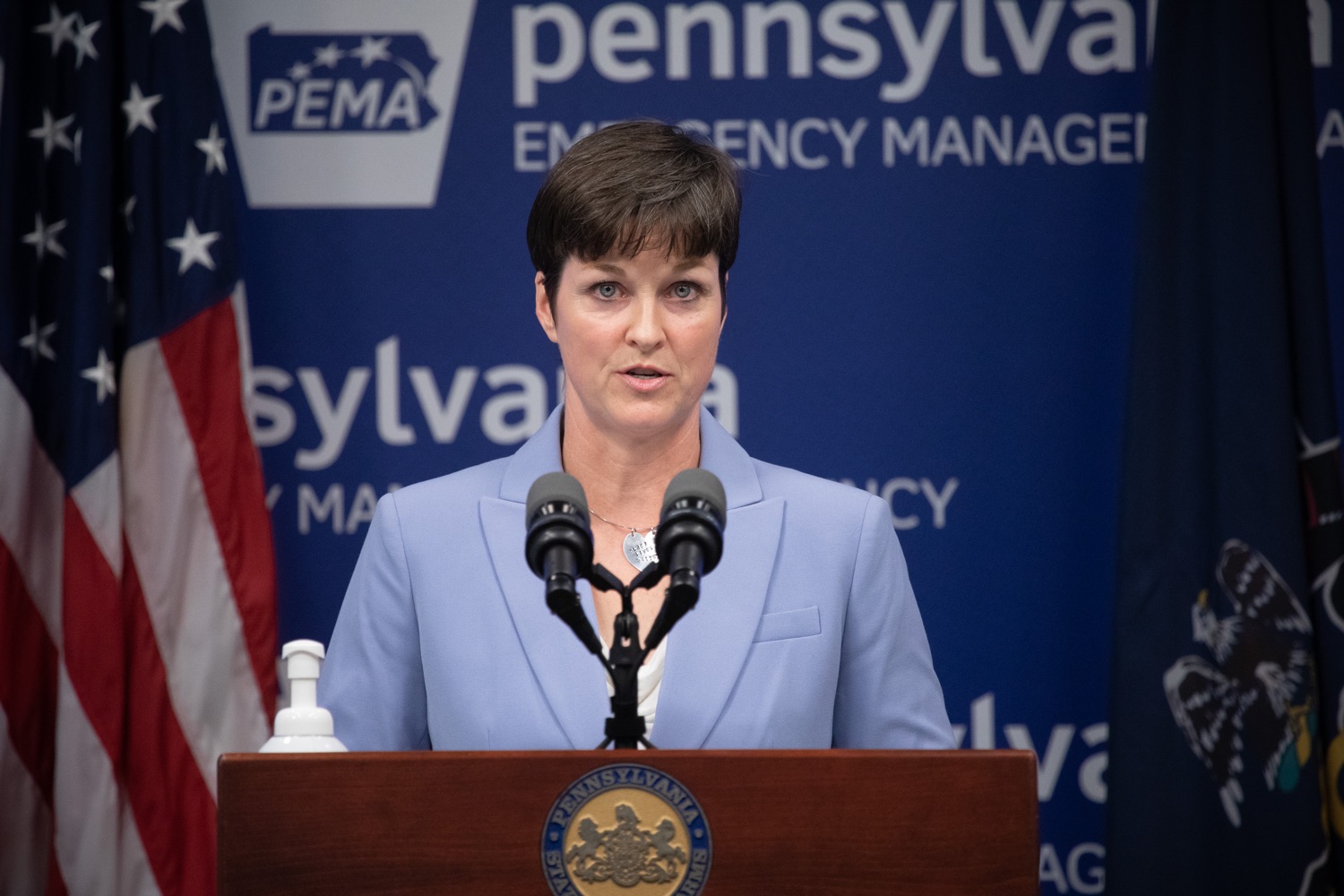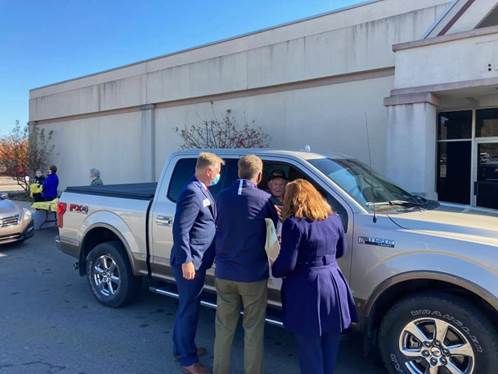Harrisburg, PA – Secretary of Health Dr. Rachel Levine today announced that as of November 7, there have been 383 laboratory-confirmed flu cases and one flu-associated death statewide, the first of the 2020-2021 flu season. As flu season intensifies, the department urges Pennsylvanians to get their flu vaccine if they have not already done so.
“As flu season is still in the beginning stages, now is the time to get your flu vaccine, if you haven’t already, and practice flu safety,” Secretary of Health Dr. Rachel Levine said. “It is more important than ever to get your flu vaccine amidst the COVID-19 pandemic to protect yourself, your loved ones, and health care workers who are caring for people sick with respiratory illness, from contracting the flu. We know that people who get the flu after being vaccinated have a less severe case and are not sick as long as those who do not get vaccinated.”
The vaccines are available as a flu shot for anyone six months or older and as a flu shot or nasal spray for anyone two or older. Flu vaccines are available at your doctor’s office, pharmacy, local walk-in clinic or grocery store.
The first death was reported to the department during the Week 45 (ending 11/7/2020) update. The individual was in the 50-64-year-old age group.
Flu activity is low across the commonwealth. There are flu cases in 26 of the 67 counties. Influenza A and B have been identified by laboratory testing. The percent of outpatient visits associated with Influenza-Like Illness (ILI) has been low and is still below the state epidemic threshold. A total of nine influenza associated hospitalizations have been reported in Pennsylvania during the current flu season.
Flu is a contagious disease caused by the influenza virus. It attacks the nose, throat and lungs and may include the following symptoms:
- Fever;
- Headache;
- Tiredness;
- Dry cough;
- Sore throat;
- Nasal congestion; and
- Body aches.
In addition to getting vaccinated, Pennsylvanians are encouraged to practice healthy habits such as covering your mouth and nose when you cough or sneeze, frequently washing your hands, and remembering to disinfect commonly touched objects including door knobs, light switches, countertops, cell phones and computers. Furthermore, Pennsylvanians are encouraged to practice COVID-19 safety measures such as wearing a mask, social distancing, and downloading the COVID Alert PA app.
If you do become sick with the flu, it is imperative that you stay home. If you are at risk for developing serious complications from the flu, or feel extremely ill, you should see a medical professional immediately.
For more information on the 2020-2021 flu season, click here.
Additional information on how to stay healthy and prevent the spread of flu and COVID-19 can be found on the Department of Health’s website, Facebook, and Twitter.
The Wolf Administration stresses the role Pennsylvanians play in helping to reduce the spread of the flu and COVID-19:
- Wash your hands with soap and water for at least 20 seconds or use hand sanitizer if soap and water are not available.
- Cover any coughs or sneezes with your elbow, not your hands.
- Clean surfaces frequently.
- Stay home to avoid spreading COVID-19, especially if you are unwell.
- If you must go out, you are required to wear a mask when in a business or where it is difficult to maintain proper social distancing.
- Download the COVID Alert PA app and make your phone part of the fight. The free app can be found in the Google Play Store and the Apple App Store by searching for “covid alert pa”.
